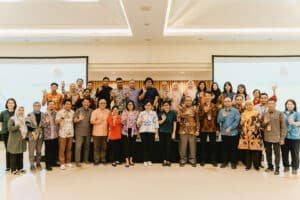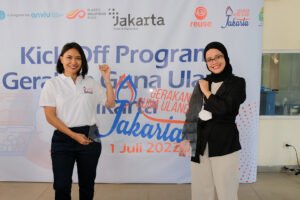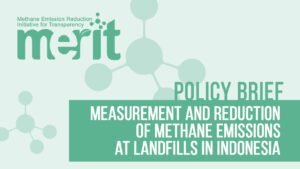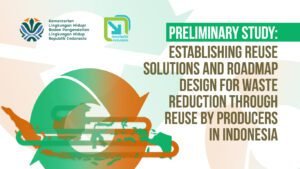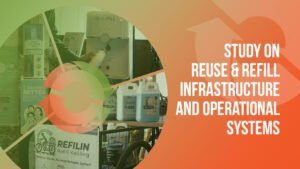Single-use plastic is still a problem in Indonesia. Not only does it harm the environment, but single-use plastic has also been proven to affect human health, whether inhaled directly through the air or contaminated by the food and drinks consumed. Indonesia, which has been recorded as the second largest contributor of marine plastic waste in the world, should take appropriate steps to overcome this problem through proper waste management and limiting the use of single-use plastic itself. Various efforts to control single-use plastic consumption must always be carried out and integrated involving government and non-government sectors. Regional governments certainly have an excellent opportunity to be involved in managing the use of single-use plastic, one of which is through policies limiting single-use plastic. In drafting regulations, the right strategy is undoubtedly needed to ensure effective policies and achieve the correct targets. Therefore, guidelines that state essential matters related to the preparation of single-use plastic restriction policies, from drafting to the monitoring and evaluation stages of implementing these regulations, would be beneficial.
This guide can also be accessed in an English version.


